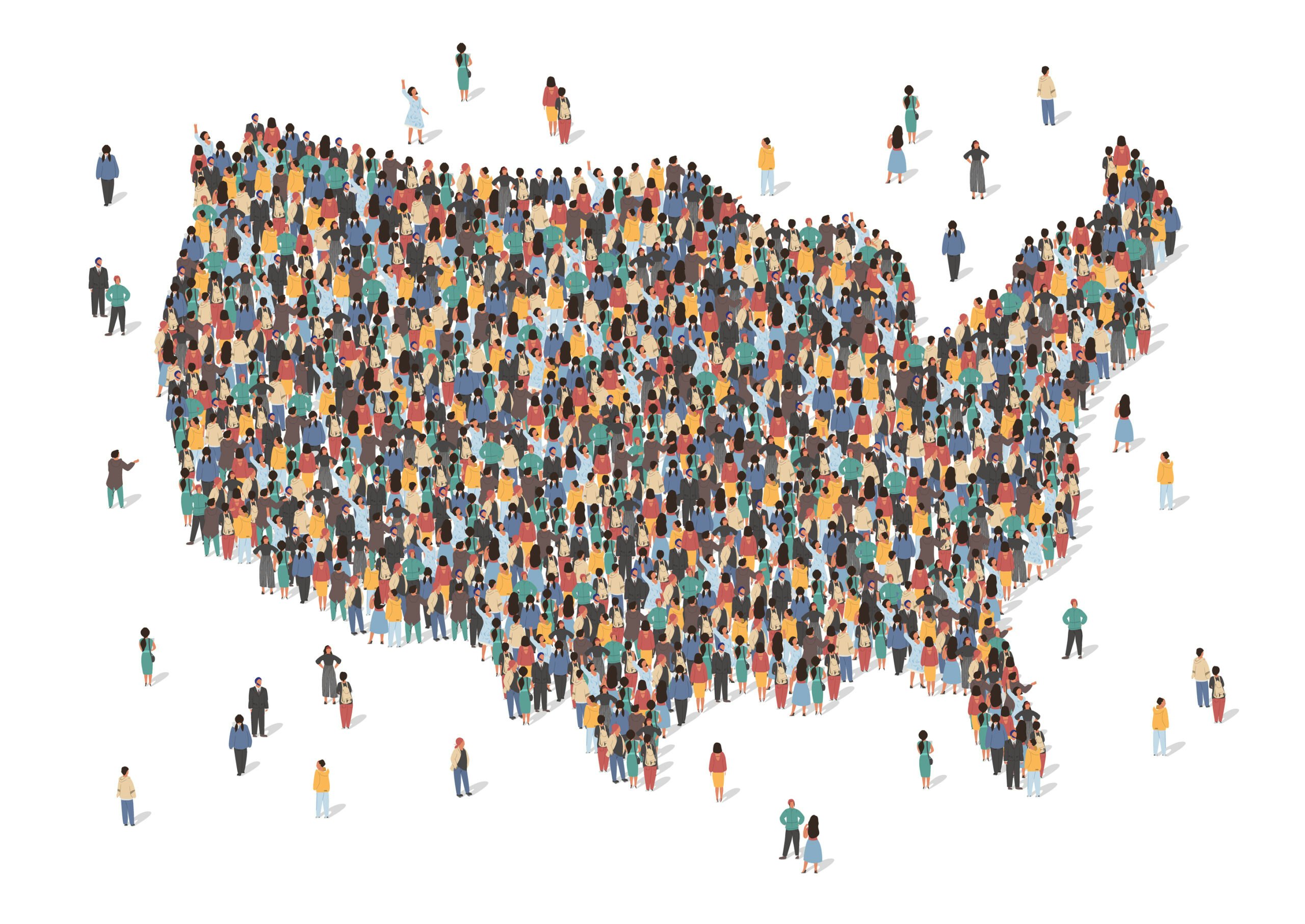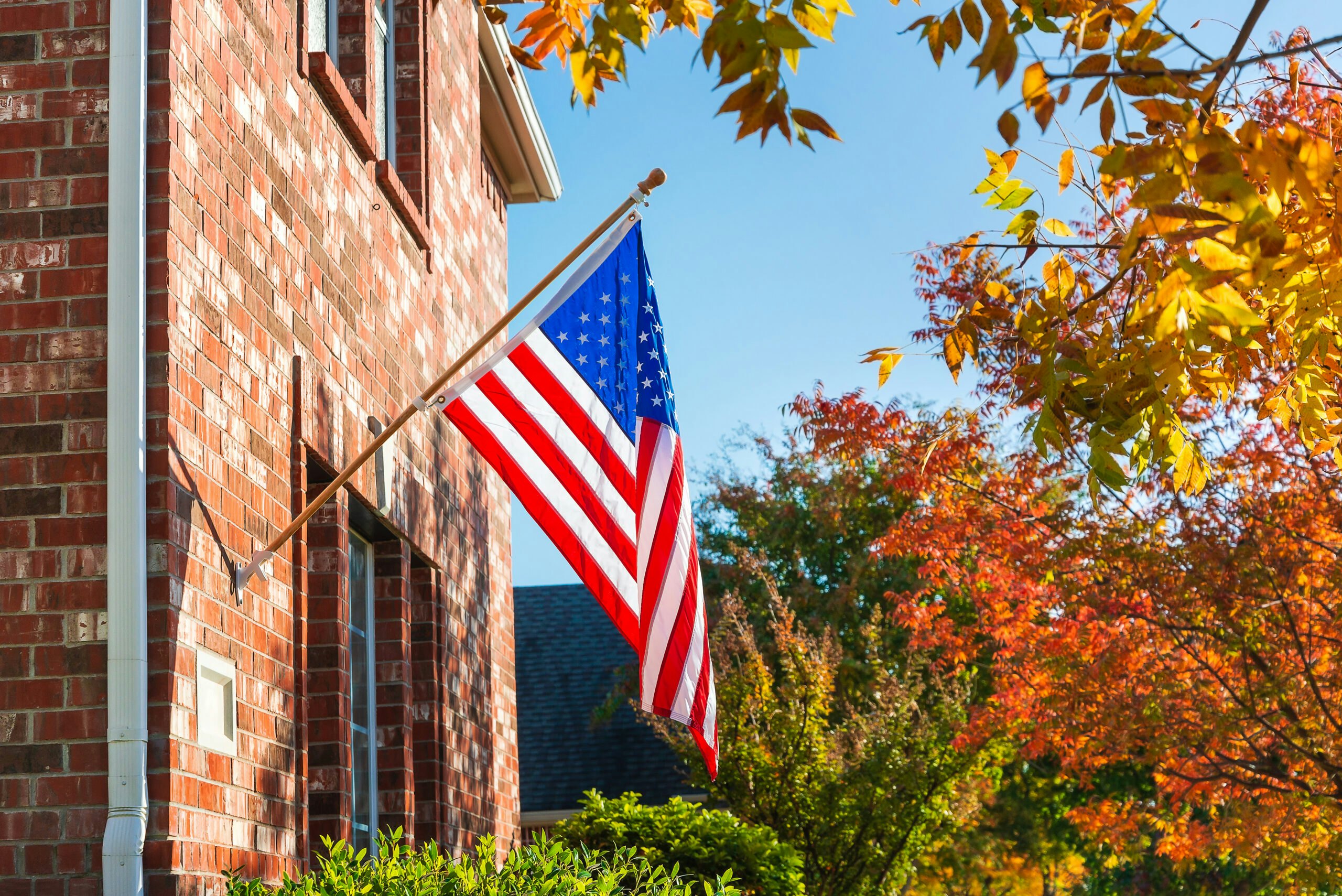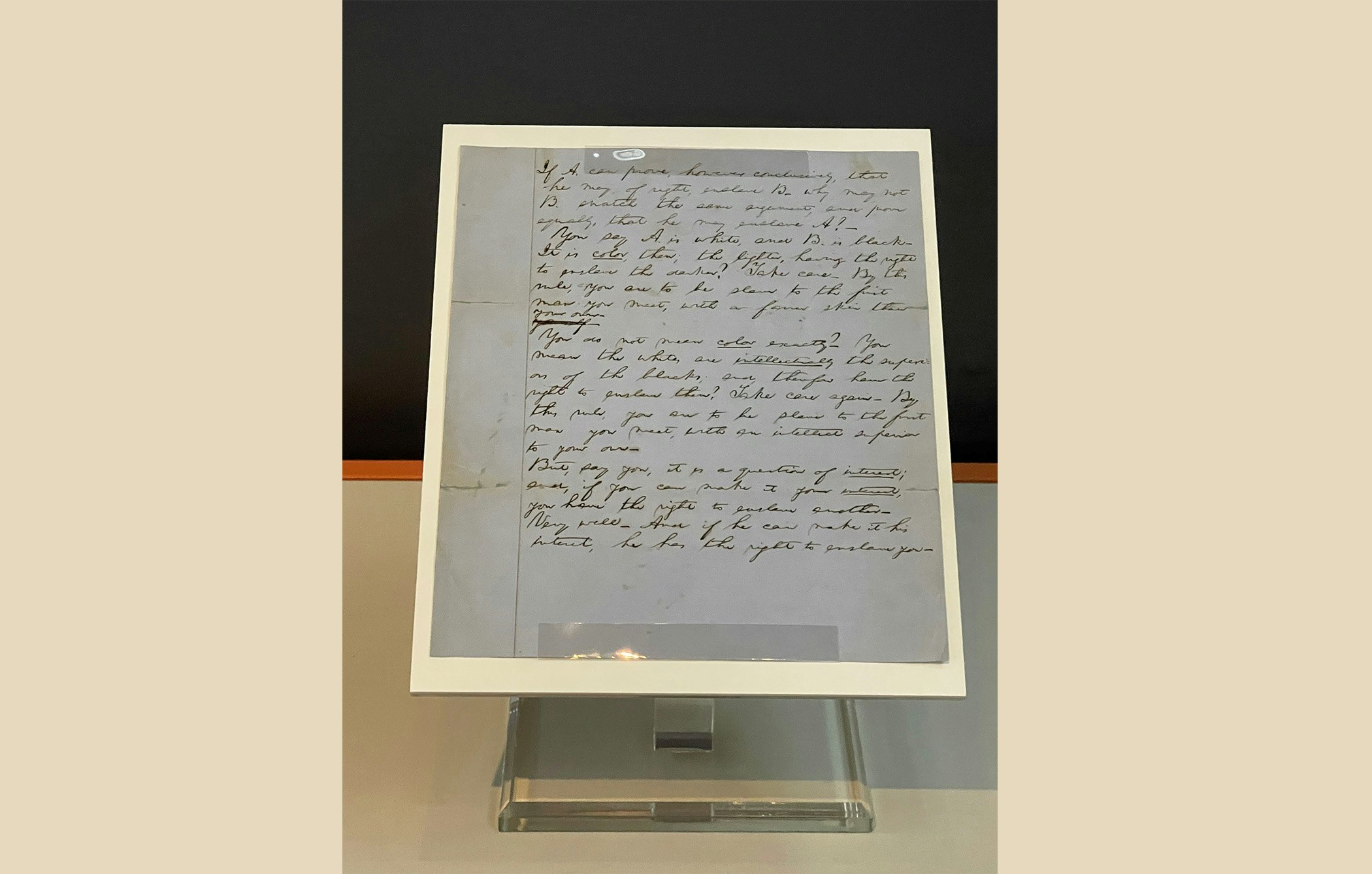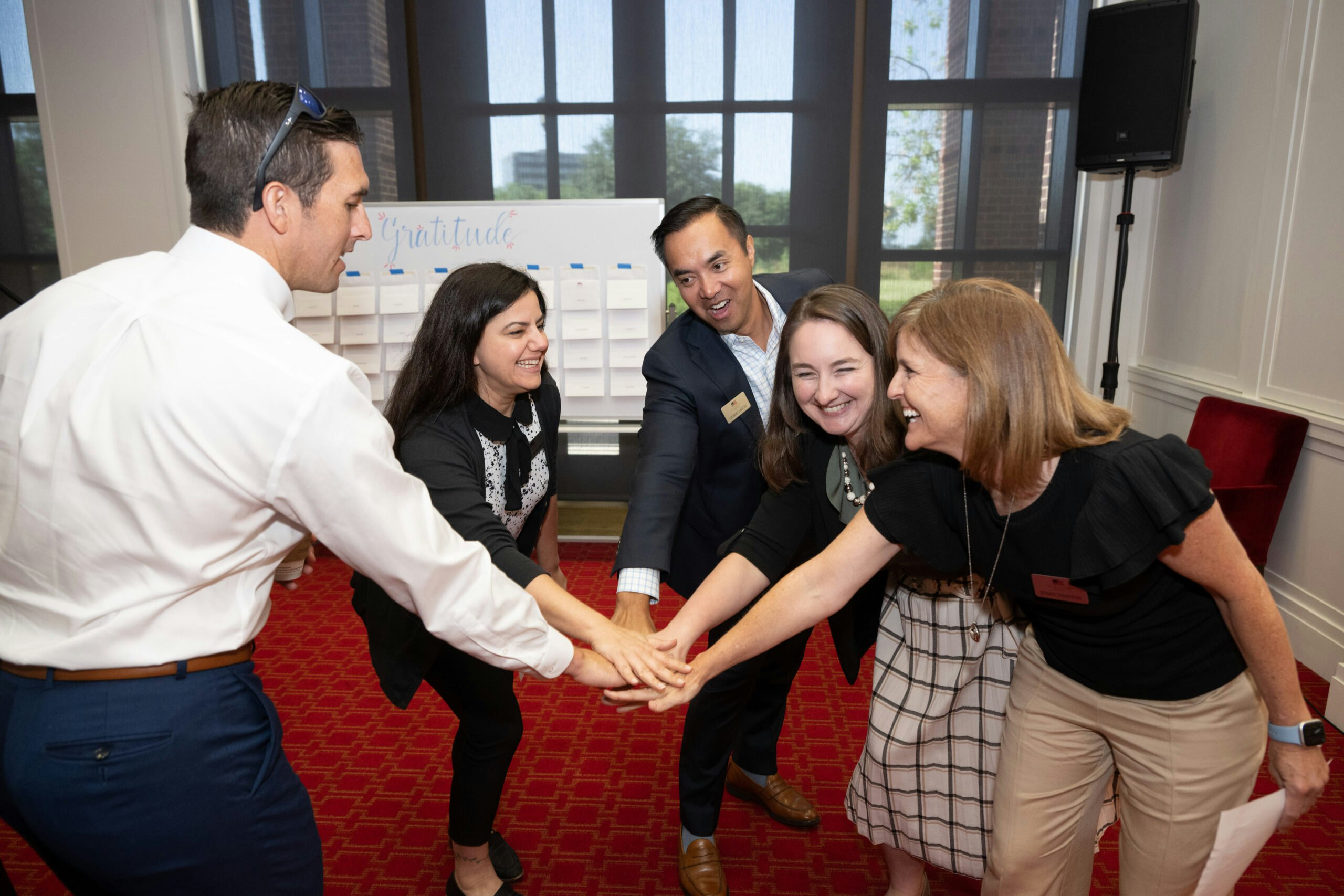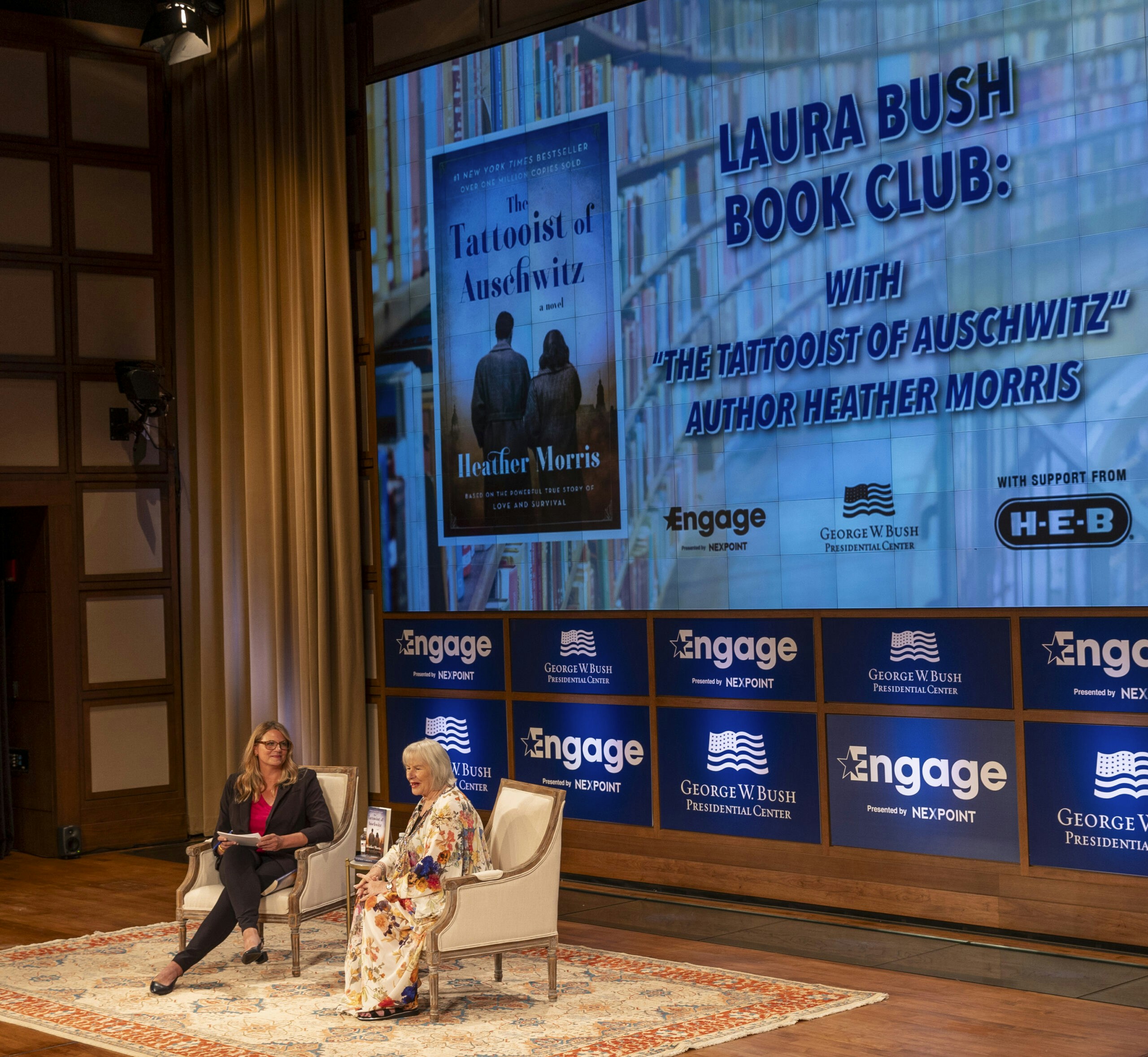Every year during the holidays, I’m reminded of a remarkable – perhaps miraculous – event that happened along the trenches of World War I. The Christmas truce.
On the night of Dec. 24, 1914, the most devastating war to date suddenly paused along various points of the Western Front.
The singing of Christmas carols turned gunfire exchanges into conversations between British and German soldiers. And throughout Christmas Day, they met in “no man’s land” – the space between their fortified trenches – to greet one another, exchange gifts, bury the dead, and even set up soccer matches.
And then they went back to killing each other for another four years.
That’s a strange and difficult thing to consider. How could one celebrate a holiday tied to peace and fellowship with those they’d considered enemies just hours earlier?
Something important we can glean from the Christmas truce is our capacity for recognizing the inherent human dignity in others – even in the unlikeliest circumstances.
Sometimes we view those who believe, act, and look differently from us as irredeemable monsters. We view them with contempt and believe firmly that we can never find common ground. In fact, it’s not even worth the effort of trying.
It’s not breaking news to say we live in a time when Americans are increasingly polarized.
Intensifying that concern though, is a recent study showing that nearly 80% of Americans think the country is heading in the wrong direction – and most believe their country’s best days are behind it. Nearly a quarter consider political violence as a possibility for getting things back on track. That last figure is particularly concerning as it represents an almost 10 percentage point increase since 2021.
Not to be Captain Obvious, but this isn’t great news. Still, America’s polarized camps haven’t dug literal trenches to fight a literal war against one another.
So, if World War I-era soldiers trying to mow down their enemies with machine gun fire can find goodwill for 24 hours, maybe we can do so on a more permanent basis with our fellow citizens. This festive time of year seems as good a moment as any to start.
There’s a Saturday Night Live skit that opens with the clichéd (and dreaded) Thanksgiving dinner scene. Different generations with very different political views are gathered around the table, and it’s clear the situation is about to deteriorate.
Some of the older, more conservative folks start making insensitive declarations about immigration and race. The younger, more progressive family members roll their eyes and condescendingly try to correct what they see as irredeemable points of view.
The only thing that breaks the tension is when one of the children intermittently starts playing music by Adele. Everyone is instantly caught up in their love of the music, even touching hands and staring into one another’s eyes as they dramatically sing along. Essentially, their shared love of Adele saves Thanksgiving.
It’s ridiculous. Still, it provides worthwhile insight into human nature. Just like those soldiers who stopped killing each other as they heard Christmas carols being sung, we have common passions, and even values, that can facilitate friendlier interactions.
And that doesn’t mean we refrain from or avoid disagreement. That would be boring – and also bad for rigorous debate of important issues.
We can better engage in civil, compassionate dialogue once we’ve established trust and common bonds with others. That’s true of family, too, especially that uncle, niece, or cousin we haven’t seen since the last holiday.
I was fortunate to interview Manu Meel, the CEO and Founder of BridgeUSA, for The Catalyst: A Journal of Ideas from the Bush Institute. He’s dedicated to building space for these types of dialogues and creating better disagreement.
He shared with me his Holy Grail for creating the right environment for productive discussion. As I wrote in that essay:
First, listen to listen (and understand) rather than fixating on how you’ll respond. Second, don’t interrupt or have side conversations. Third, remember that a person represents themselves, not a broader demographic or group. And fourth, when disagreement arises, critique the argument and its substance, not the person making the argument.
This isn’t nonsense, but proven techniques for facilitating better conversations and building bridges. This approach cannot be taken lightly in a time when more Americans than ever are considering political violence as an alternative to democratic processes.
Reducing polarization by fostering an environment where people of different views can talk to each other is violence’s kryptonite.
So, this holiday season, find your Christmas truce or your Adele moment with those people who rub you the wrong way. When others bring strife, counter it with goodwill.
Easier said than done? Absolutely. But the Christmas truce showed us the seemingly unthinkable is possible.




